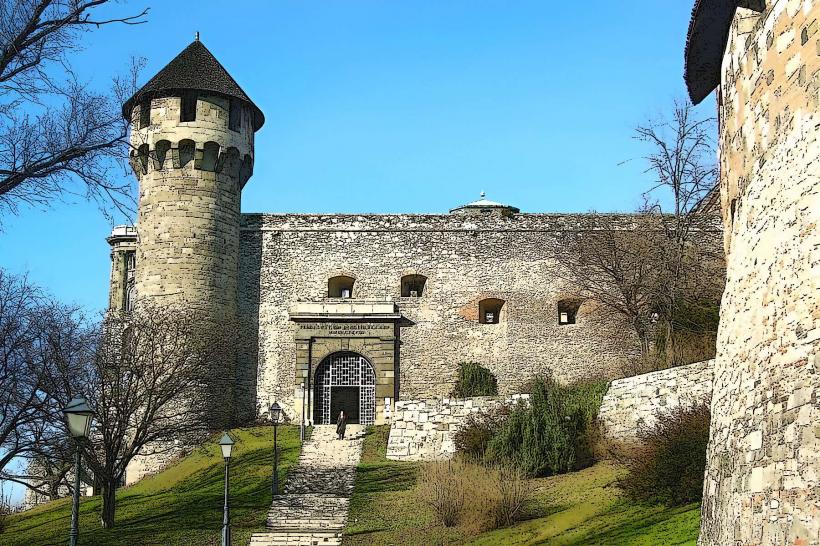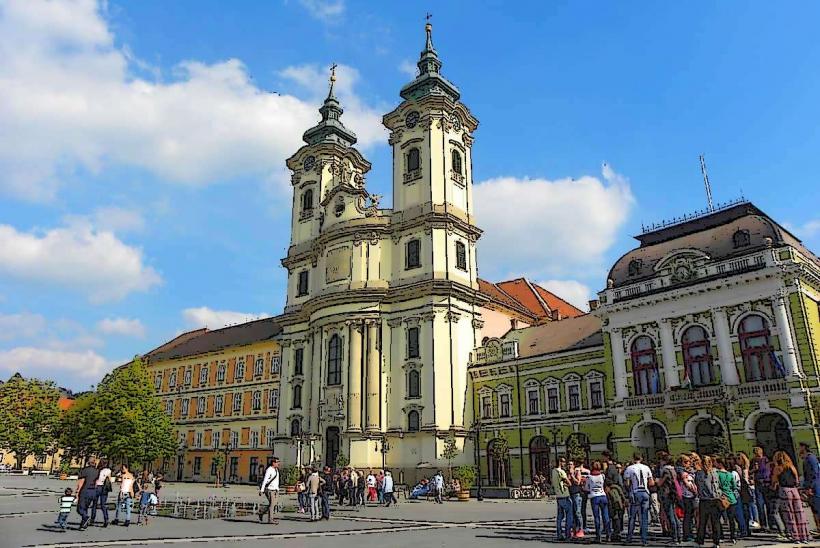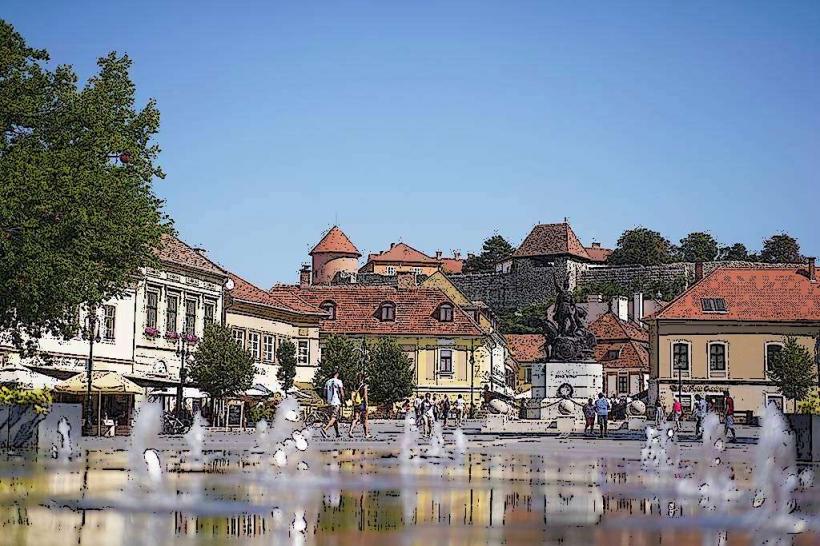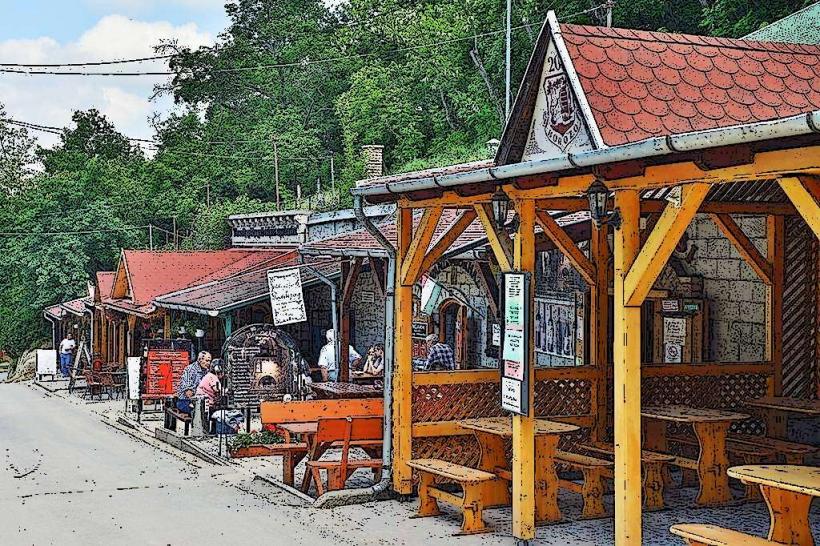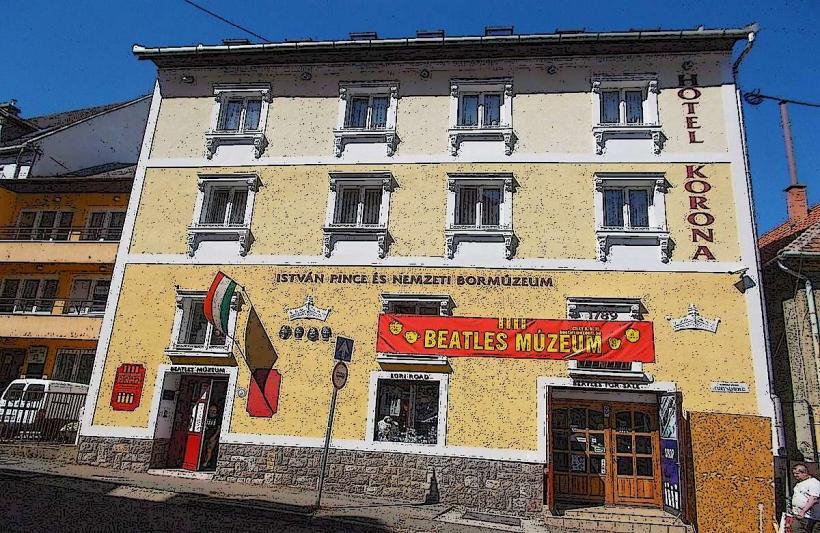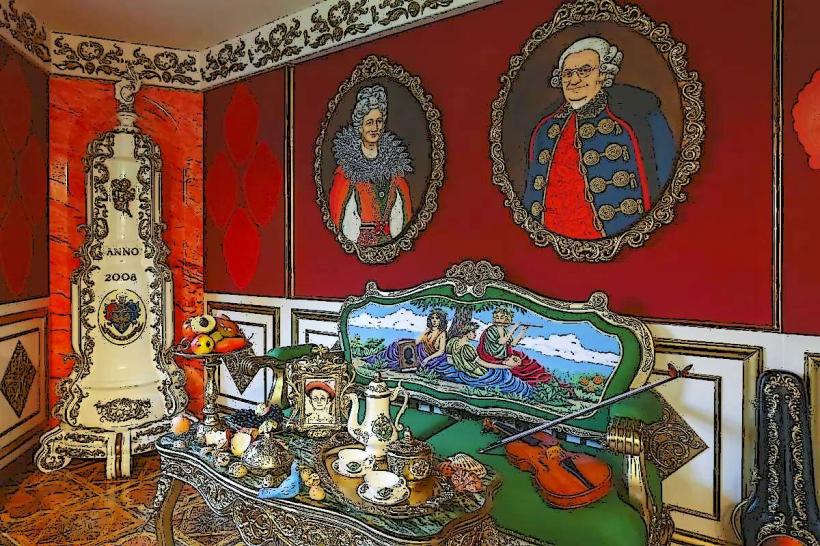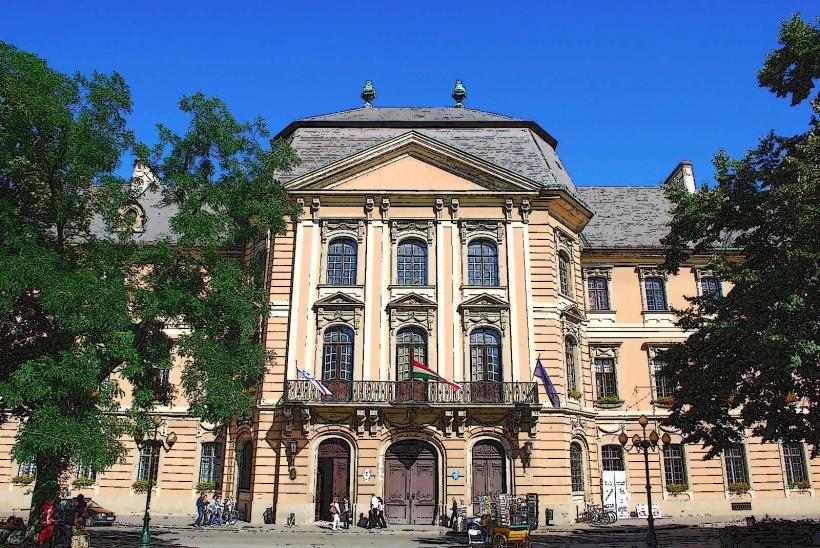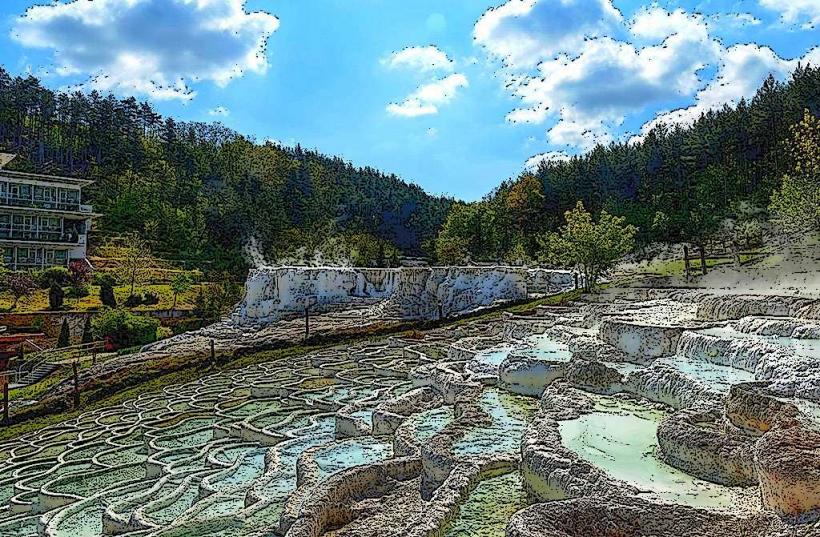Information
Landmark: Török Kori MinaretCity: Eger
Country: Hungary
Continent: Europe
Török Kori Minaret, Eger, Hungary, Europe
The Török Kori Minaret (Turkish Minaret) in Eger, Hungary, is one of the most well-preserved and remarkable remnants of the Ottoman period in Central Europe. It stands as a testament to the architectural and cultural influence of the Ottomans during their occupation of Hungary in the 16th and 17th centuries.
Historical Background
- Construction: The minaret was built during the early 17th century, likely between 1596 and 1660, when the Ottomans ruled Eger following their victory at the Battle of Mezőkeresztes. It served as a call to prayer (adhan) for the faithful at the adjacent mosque.
- Survival: After the Ottoman withdrawal in 1687, many Islamic structures were destroyed. The minaret, however, was spared and remains a rare example of Ottoman religious architecture in Hungary.
Architectural Details
Design:
- Made from reddish-brown sandstone, it reflects traditional Ottoman minaret styles with a cylindrical shaft and a pointed spire.
- It is 40 meters (131 feet) tall, making it the northernmost minaret in Europe.
Balcony (Sherefe):
- A narrow circular balcony near the top, where the muezzin would traditionally stand to perform the call to prayer.
Stairs:
- Inside, a spiral staircase of 97 steps leads to the balcony. Visitors climbing to the top are rewarded with a breathtaking panoramic view of Eger’s cityscape, including the castle and surrounding vineyards.
Crescent Finial:
- Atop the minaret is a crescent moon, a hallmark of Islamic architecture, symbolizing its religious origins.
Modern Use and Preservation
- Today, the minaret is no longer used for religious purposes and serves as a tourist attraction and historical monument.
- It underwent extensive restoration in the 20th century to stabilize its structure and preserve its intricate design.
Visiting the Minaret
Climbing Experience:
- The spiral staircase is narrow and steep, making the climb a bit challenging, especially for those with claustrophobia or mobility issues.
- Once at the top, visitors enjoy 360-degree views of Eger, including its famed castle, Baroque architecture, and surrounding landscapes.
Location:
- Situated in downtown Eger, it is within walking distance of other key attractions like the Eger Castle and the Minorite Church.
Entrance Fee:
- There is a small fee to climb the minaret, which helps support its maintenance.
Cultural Significance
The Török Kori Minaret stands as a unique symbol of Eger's diverse history, blending its Ottoman legacy with its Hungarian identity. It is not just a historical structure but also a reminder of a period when cultures and religions coexisted in the region.
For those visiting Eger, the minaret offers a fascinating glimpse into Hungary's Ottoman past, making it a must-see landmark.

